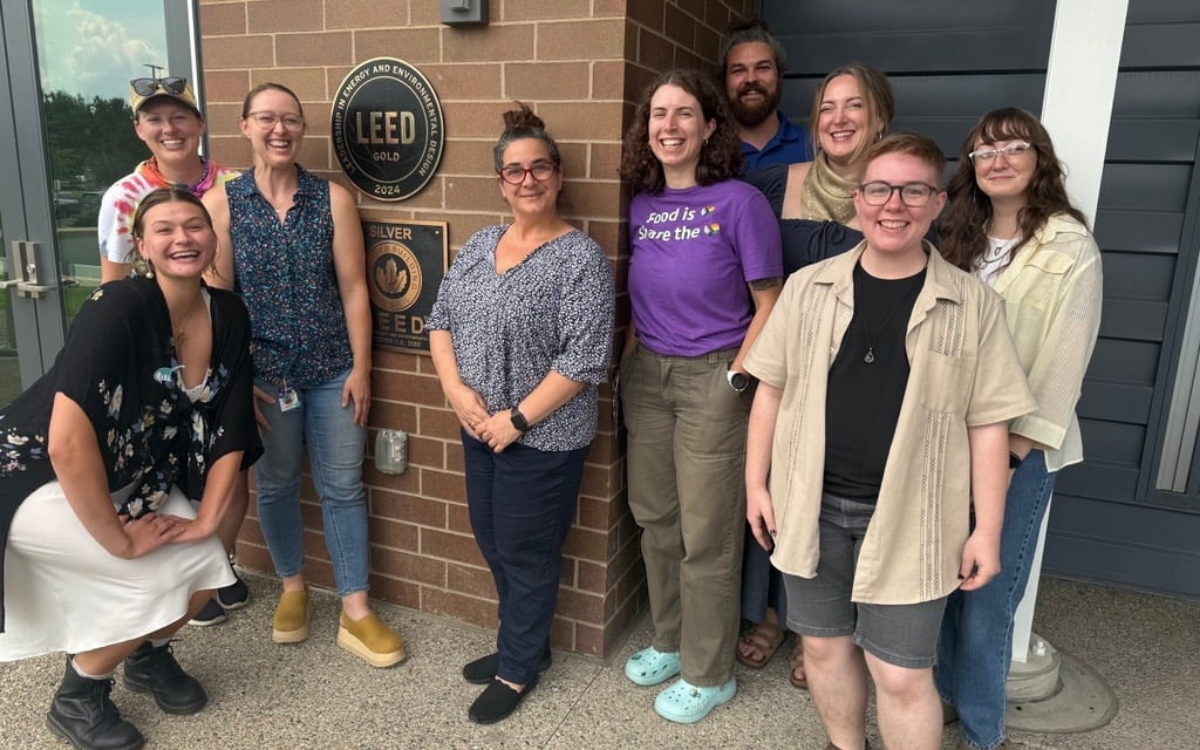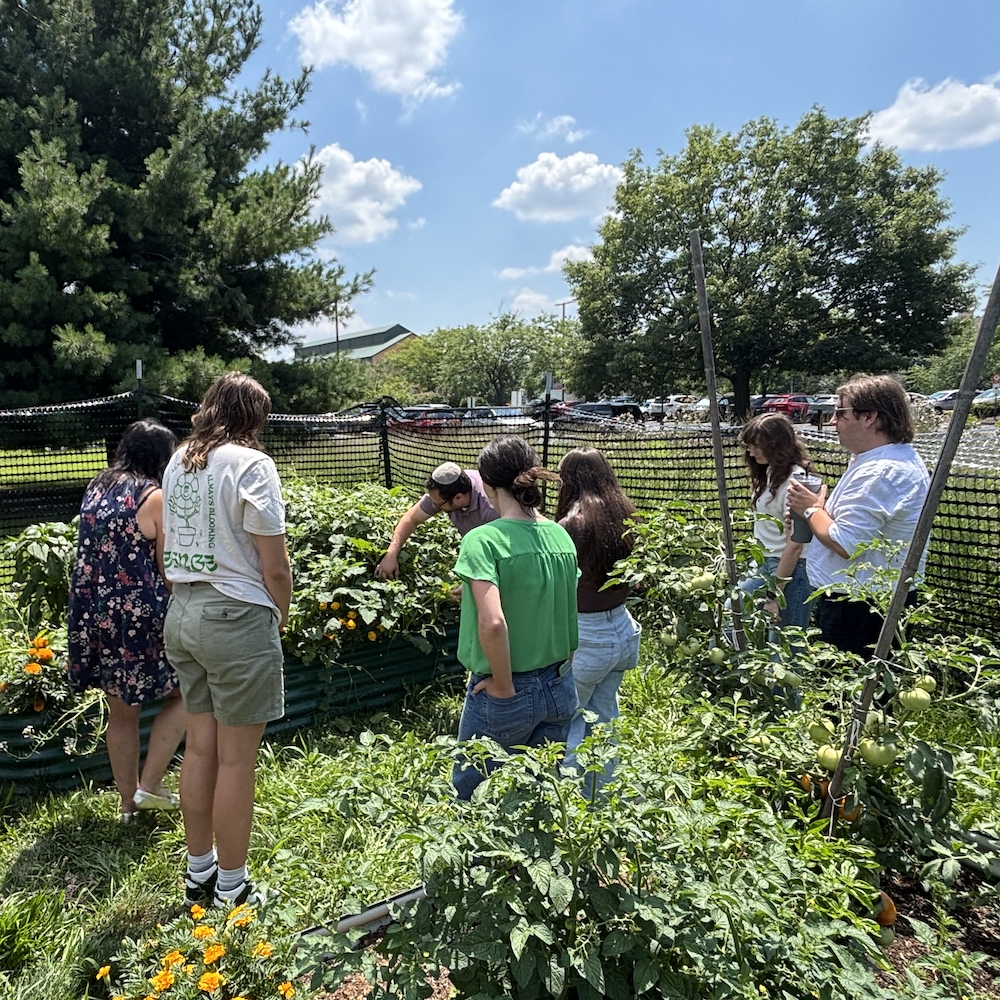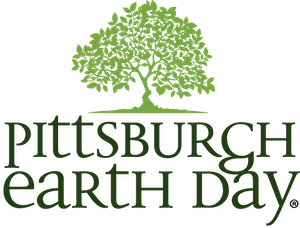
FOOD FOR THOUGHT
Greater Pittsburgh Community Food Bank Steps Up:
Showing Resiliency in Times of Sustainability and Social Stresses
by Rebecca L. Lucore
 November 20, 2025
November 20, 2025
Food has always been a basic need, yet too often it’s the one most in need of being met. Food-driven organizations, like Greater Pittsburgh Community Food Bank, must continually pivot to meet changing needs that arise in turbulent socio, economic and political times. While making those pivots, they also focus on their organization’s own resiliency, including how to operate more sustainably.
Did You Know?
In 2000, the Food Bank’s original building made history as the first LEED Certified food bank in the country and the first LEED Certified building in Pittsburgh. In 2023, additions including a new converter system that captures heat exhaust from food coolers and heats the building, and a rainwater collection system for the employee garden elevated the building to LEED Gold level certification. It is only one of four LEED Gold certified food banks in the country.
Callie Robinson
Partner Network Support Specialist
Sample sustainability committee goals include:
- Supporting implementation of composting and plastic wrap and pallet recycling
- Continuing to support our Gold LEED Certification and Platinum Sustainable Pittsburgh workplace designation
- Expanding our on-site employee garden to engage more staff in learning to grow and cook with fresh food
- Hosting "Lunch and Learns" to bring sustainability experts onsite to speak to staff about their experiences
- Spotlighting external campaigns staff can join such as National Farmers Market Week and Plastic Free July
- Organizing group volunteer opportunities with sustainability-focused local nonprofits
Social Stresses - The Impact of SNAP on Our Region
It would be hard to find anyone in our region who hasn’t heard about the Supplemental Nutrition Assistance Program (SNAP), knows someone who utilizes it or experienced the effects of losing these benefits.
Brian Gulish
Vice President Marketing and CommunicationsWith SNAP benefits in flux, food banks and community pantries are feeling added stress as they try to fill these big gaps in services. SNAP provides roughly nine meals for every one meal Greater Pittsburgh Community Food Bank can offer and supports nearly 2 million Pennsylvanians, including 340,000 in Southwestern PA. Gulish added, “The Food Bank’s resources, while vast, are meant to complement, not replace SNAP. To fill the gap, we are ramping up by ensuring our partner agencies in the community have enough food on inventory to serve the rapidly increasing need, but the scale of need is daunting.”
Power of You
You can make a difference!
- Financial support
- Volunteering
- Advocating for our mission
Every dollar, every hour, and every voice makes a difference.
Visit www.pittsburghfoodbank.org to learn more about how you can help.


Leave A Comment